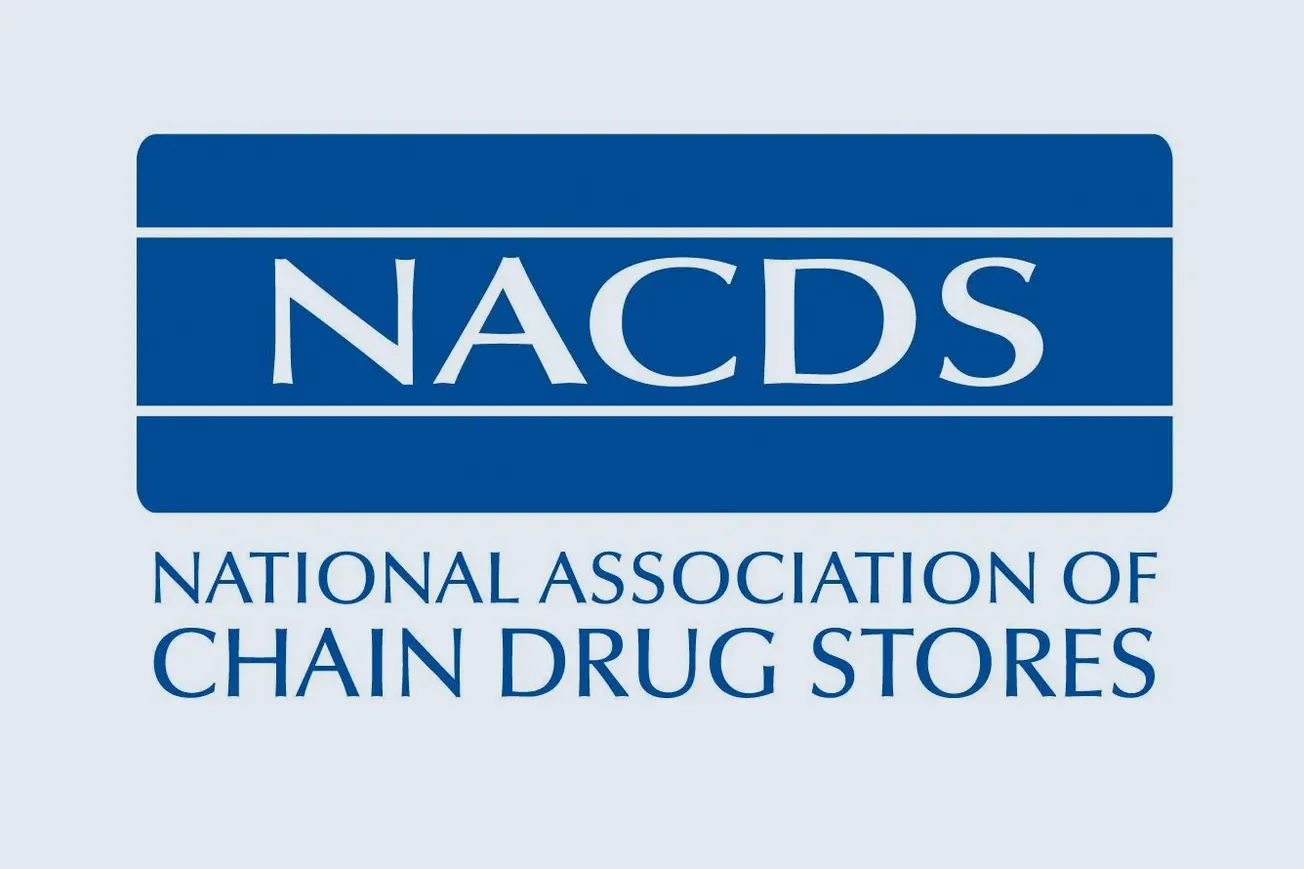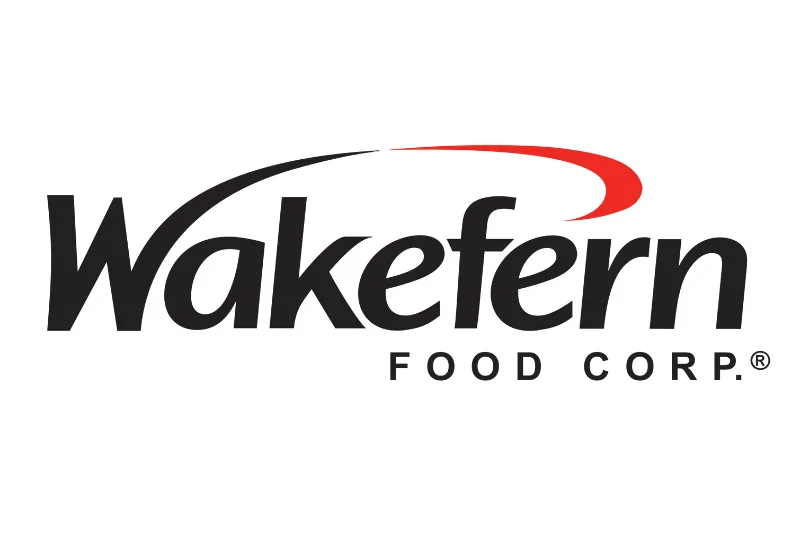CHICAGO — The chief executives of Supervalu Inc. and Walgreen Co. unveiled their latest efforts to eliminate food deserts in this city at a mayoral summit today hosted by First Lady Michelle Obama and Chicago Mayor Rahm Emanuel.
The chief executives of Supervalu Inc. and Walgreen Co. unveiled their latest efforts to eliminate food deserts in this city at a mayoral summit today hosted by First Lady Michelle Obama and Chicago Mayor Rahm Emanuel.
Supervalu president and chief executive officer Craig Herkert announced that the grocery retailer and wholesaler will open its 14th Save-A-Lot store in the Lawndale area by the end of November. He also described a number of initiatives intended to address childhood obesity.
The moves were part of Supervalu’s agreement with the Partnership for a Healthier America to open 250 new Save-A-Lots in areas across the country that have limited or no access to affordable, healthful fresh foods. Since that alliance was established in July, Supervalu has opened 14 Save-A-Lots in food deserts around the country, and more than 400 of the chain’s 1,300 locations are in areas that would be recognized as in or near a food desert, according to the Department of Agriculture’s (USDA) guidelines.
“Supervalu and its network of stores, including our Save-A-Lot subsidiary, are committed to bringing healthy, affordable food offerings to customers here in Chicago and throughout the United States,” said Herkert. “We appreciate the tremendous leadership shown by First Lady Michelle Obama and Mayor Emanuel to address this important issue.”
For its part, Walgreens announced an agreement with a local network of urban farmers in Chicago to source fresh produce for the 12 Walgreens food oasis stores that are located in food desert neighborhoods within the city. The partnership with the network will be featured through in-store advertising.
“We’re excited to work with this network to offer our customers high-quality produce from urban farmers in Chicago communities like Roseland and Washington Park,” said Walgreens president and chief executive officer Greg Wasson. “We are all working toward a common goal of getting fresh, affordable food in the hands of people who need it most.”
In June, Walgreens announced plans to open almost 50 food oasis stores in Chicago over the next two years. The following month, Wasson announced at a White House event that Walgreens was committed to convert or open at least 1,000 food oasis stores across the country over the next five years, serving approximately 9.5 million people in communities that currently lack access to healthy and affordable foods, including fruits and vegetables.
According to the USDA, more than 23 million Americans, including 6 million children, do not have access to affordable fresh food. In Chicago, estimates of the number of Chicago residents living in food deserts range between 375,000 and nearly 475,000 — numbers that Mayor Emanuel declared were unacceptable as he emphasized his commitment to eliminating food deserts in the city.
In addition to the planned Save-A-Lot opening, Herkert revealed Supervalu’s Eat Well initiatives intended to combat childhood obesity at all of its chains, which include Jewel-Osco and Cub Foods as well as Save-a-Lot in the Chicagoland market. For example, Save-A-Lot is supporting the Centers for New Horizons’ Healthy Horizons program, which aims to help youths and their families in the Bronzevile community eat healthful food and adopt daily exercise.
The program teaches children in grades three to six how to prepare healthy snacks and meals as well as grow their own fresh vegetables through the Centers’ community garden. It also provides parents with nutritional information and a Healthy Food Swap program, through which students are encouraged to bring in unhealthy snacks and swap them for healthier options from Save-A-Lot.
The Save-A-Lot banner is also working with the University of Chicago on a seven-year research project intended to improve diabetes care and outcomes on the South Side of Chicago by increasing awareness of healthful eating and healthy lifestyles through education. Under this program, each month University of Chicago nutritionists bring patients to Save-A-Lot stores on Chicago’s South Side to teach them to read labels, select produce and make smart food choices. The retailer provides gift cards to patients at the end of each tour.
At Jewel-Osco stores, meanwhile, produce prices were recently lowered as part of a “Fresh Produce, Fresh Prices: initiative, in part to encourage shoppers to incorporate more fresh food into their meals. The chain has also trained its employees to help educate shoppers on how to select produce.
Finally, Supervalu is implementing a “Kid’s Club Card” program at its traditional supermarket banners, which include Albertsons, Acme, Cub Foods and Shaw’s, in addition to Jewel-Osco. The cards will entitle children accompanied by an adult to a free apple or banana when presented on each visit to a store.
“In addition to food access and affordability, we are taking steps to help consumers make the best food choices possible for themselves and their families,” said Herkert. “According to research, nearly 80% of customers say they need help and advice about planning, shopping, cooking and preparing food. As a leading grocery retailer, we’re ideally positioned to thelp them by providing the programs, resources and tools they need to achieve a healthy diet.”





